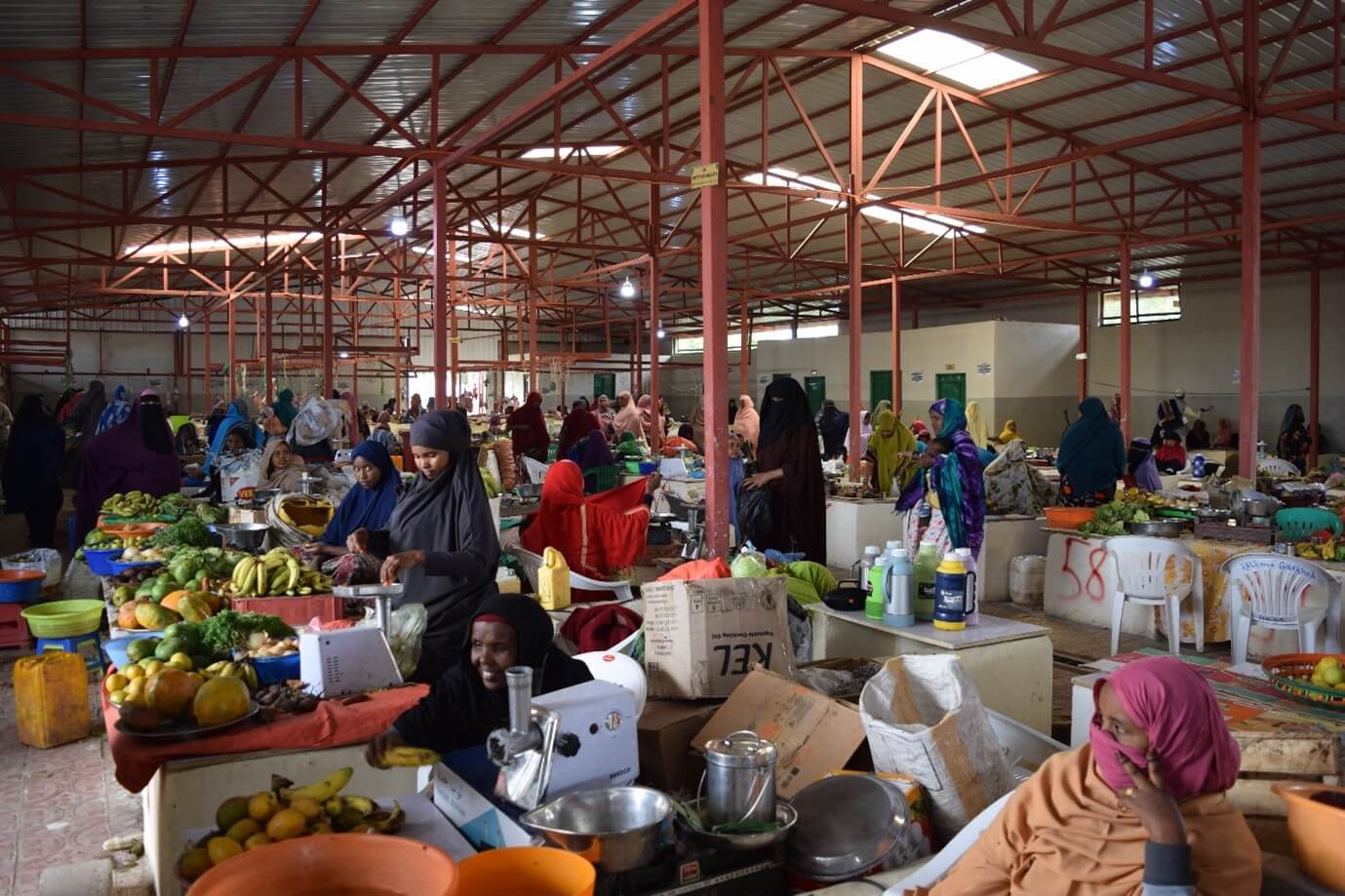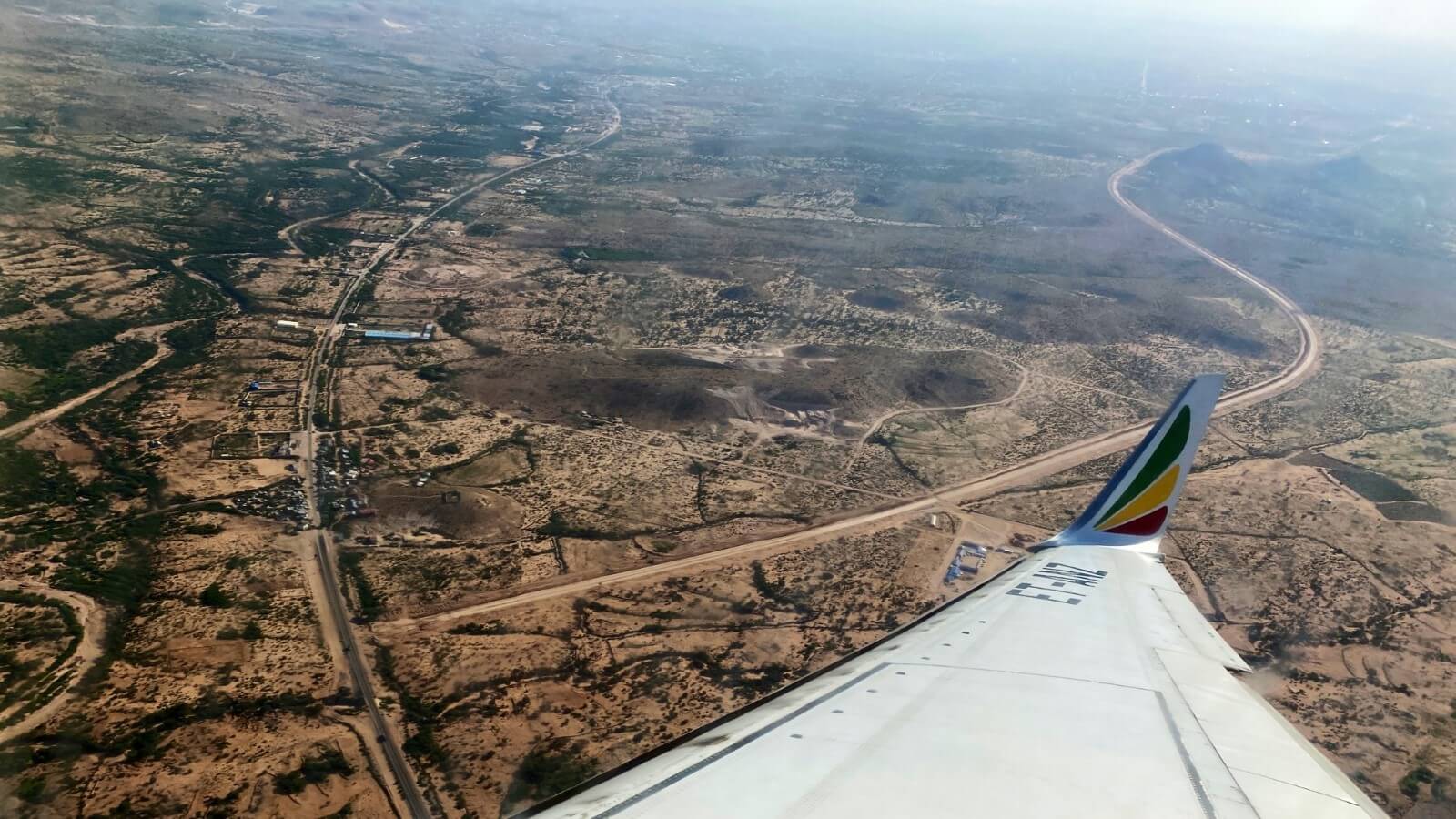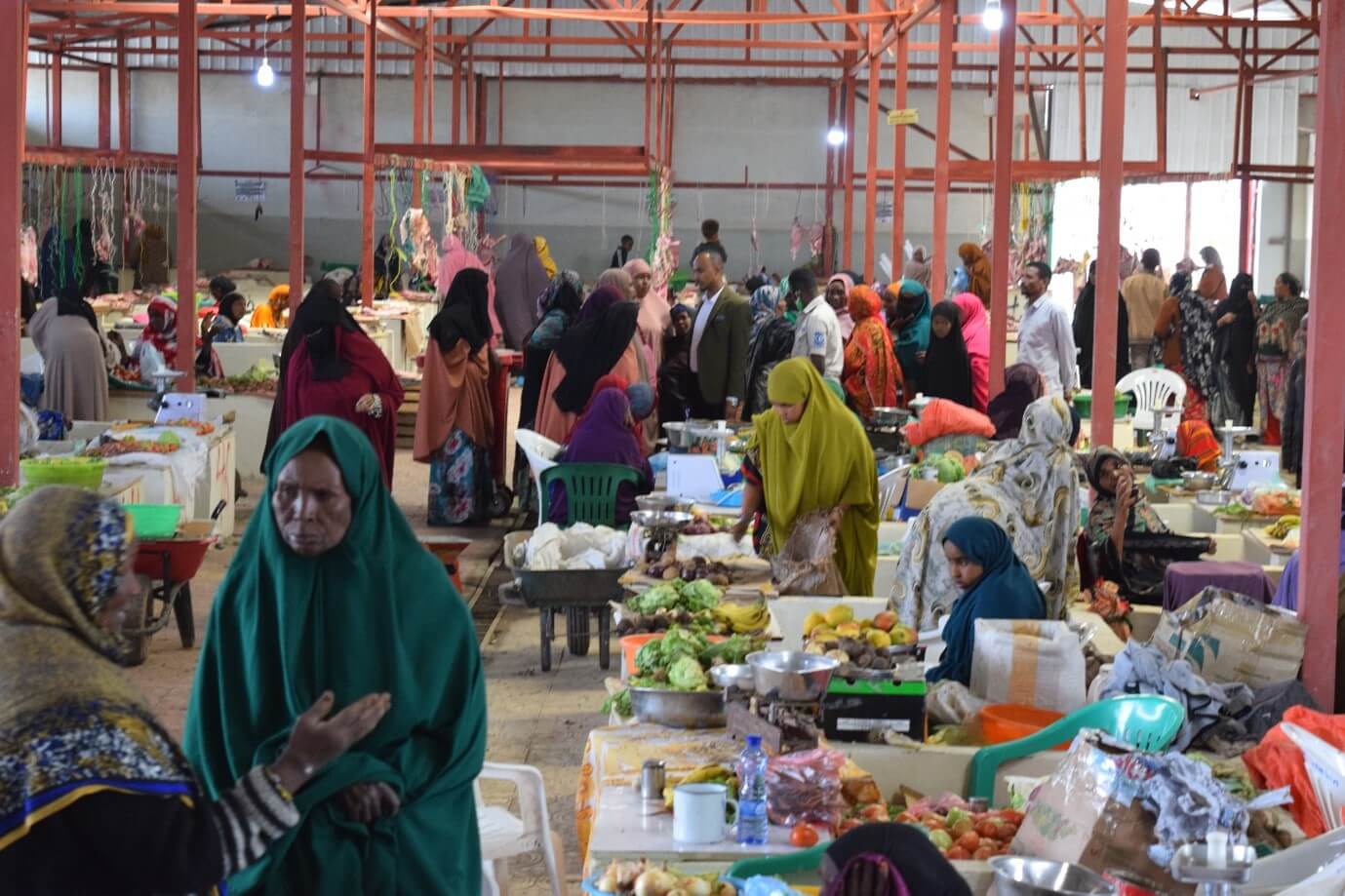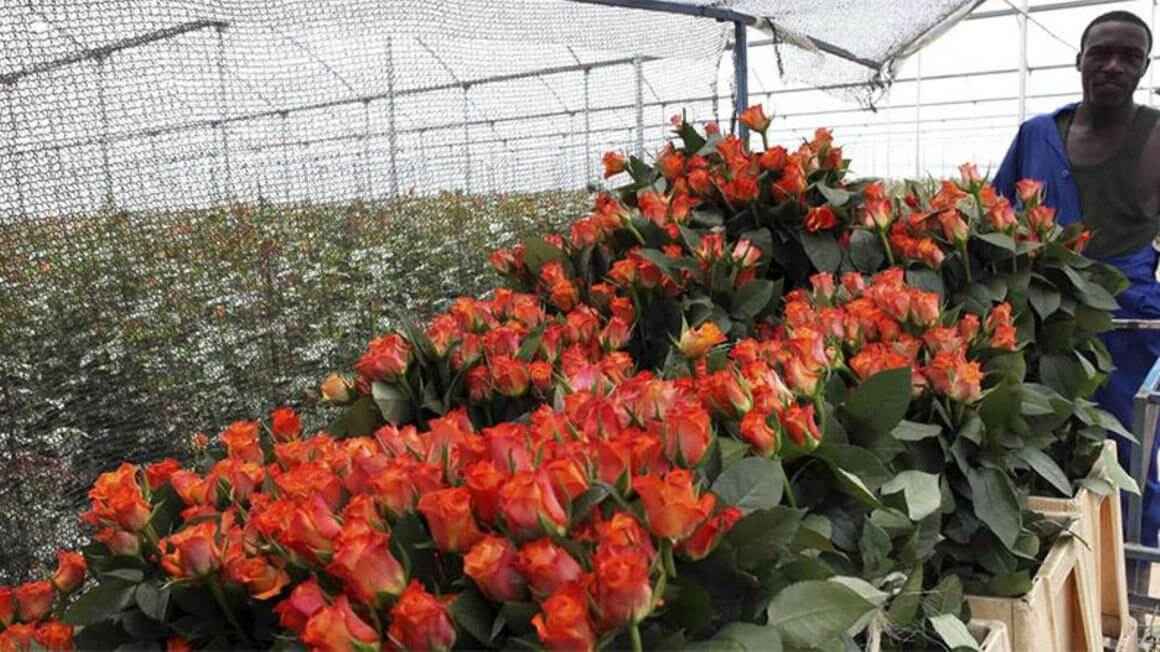At the onset of COVID-19, the Government of Somaliland issued directives to manage the spread of the virus. On top of complete lockdowns, curfews, and closing of borders, public health measures were enforced in most public places. Although vital in curbing the spread of the virus, these measures significantly impacted on trade particularly micro and small traders, and informal traders. The Safe Trade Zone intervention under the safe trade emergency facility endeavoured to support authorities to develop and implement a protocol that could be used in the establishment and management of safe market- places. In partnership with AMREF Health Africa, TMA developed the Safe Trade Zone Protocol that was rolled out across selected markets in East Africa and the Horn of Africa. In Somaliland, the Tog Wajaale border was selected because of its strategic linkage to the Berbera corridor. It was anticipated that this intervention would allow traders business continuity; while giving the authorities confidence that traders and market users are safe and protected. The Tog Wajaale Safe Trade Zone market is located on the border of Somaliland and Ethiopia. 92.8KM West of Hargeisa, the capital of Somaliland. It is the main route that connects Somaliland and Ethiopia known as Berbera Corridor. It’s a sizable city with an estimated population of about 70,450 inhabitants. In place of an old market lacking any infrastructure, a new market was built in an area of 1,800- metre square. It contains 196 stalls designed to provide for social distancing of 2.5 metres and in...
The Secrets of Women of Tog Wajaale
Posted on: April 26, 2022
Posted on: April 26, 2022


















